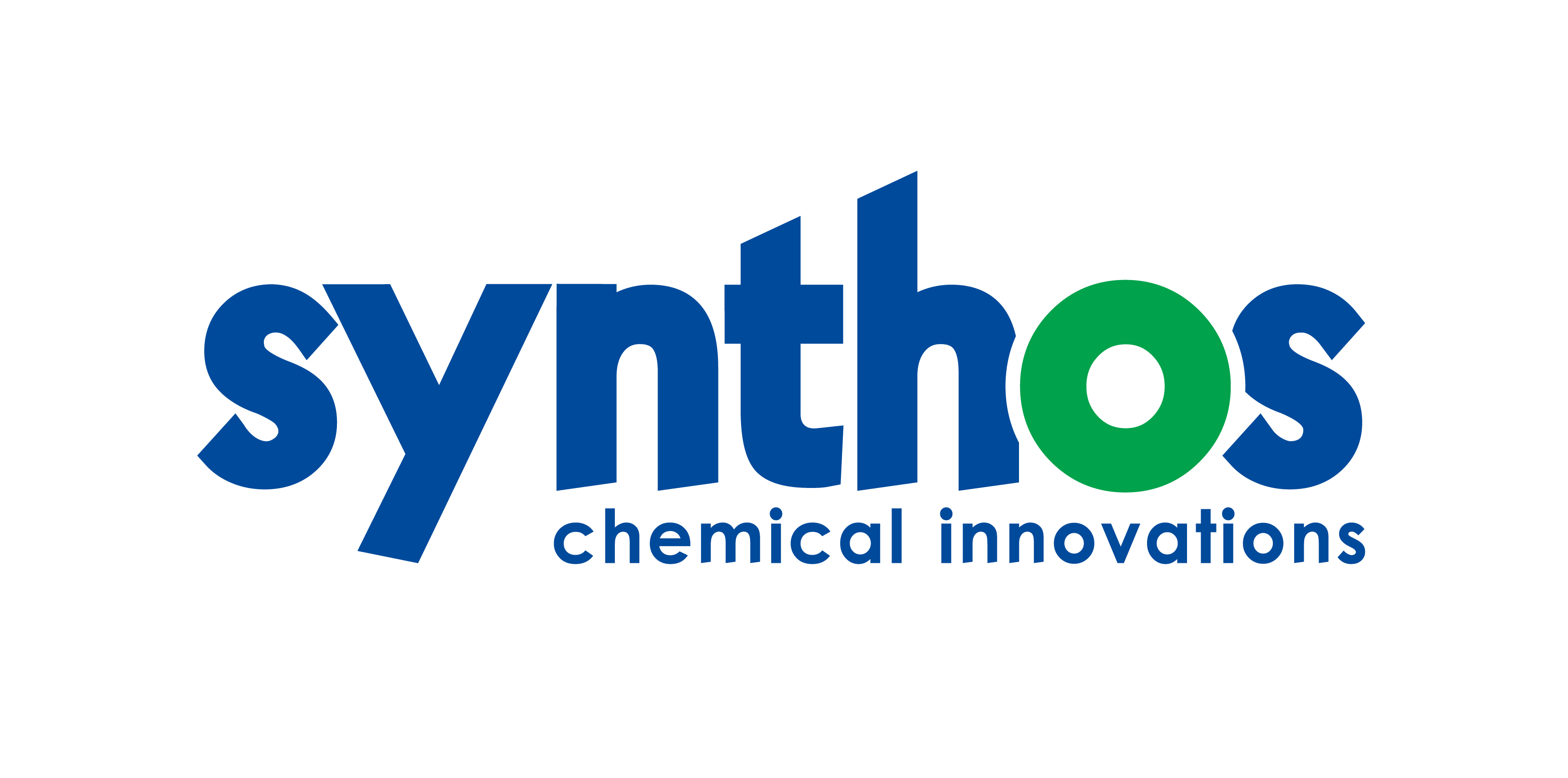The Polish Institute of Credit Management perfectly understands that the best training is not only about decent content, but also about something more. Reliable determination of training needs, high-quality teaching methodology, in-depth knowledge of current market trends and their impact on the functioning of enterprises, market analyses, good relationships and high commitment of trainers are essential components of fruitful training.
All elements of our training program create a coherent and optimal PICM training message. Our training is not only about the basics. We refer each topic to the current market reality, so that course participants can easily connect the topics with their current responsibilities. Highly qualified instructors ensure that our training combines theoretical knowledge with modern market practice in an accessible way.
The training can be conducted both in Polish and English.

We set the training program individually according to the approach illustrated below:
Our training courses are conducted in a closed format. The date and cost of the training are determined individually, depending on the place and number of participants.
Below we present the scope of the proposed training offer.

CREDIT MANAGEMENT – part I
The training defines basic concepts regarding credit risk, ways of managing it, as well as the types and effects of credit decisions made on a daily basis in the company. Additionally, it clearly outlines the fundamentals of credit risk assessment methodologies, including credit first assessment techniques commonly used in business practice. At the end of the training, the participant will gain knowledge about credit risk signals and credit events.

CREDIT MANAGEMENT – part II
The training briefly outlines the framework for the functioning of enterprise credit risk assessment and receivables management departments. In addition, the training discusses properly implemented procedures for assessing the creditworthiness of contractors and systems for controlling their implementation. The training covers the very important issue of establishing and defining the company’s credit policy, its scope, responsibility and principles of operation. Finally, the important topic of everyday credit risk monitoring is presented.

CREDIT MANAGEMENT – part III
The training discusses in detail the methodology for assessing a company’s creditworthiness. In the first part, the participant is introduced to the construction and implementation of the creditworthiness assessment system, including definitions, data selection, selection of the assessment models, implementation, application and verification. Then, currently used credit scoring models are thoroughly presented. In the next stage, the use of assessment techniques in the initial stage of assessment and its periodic repetitions is thoroughly analyzed.





















